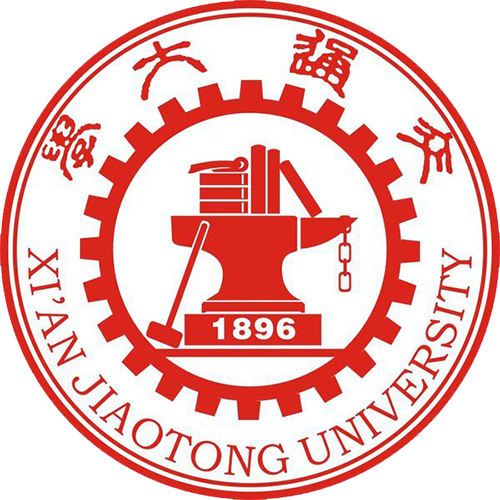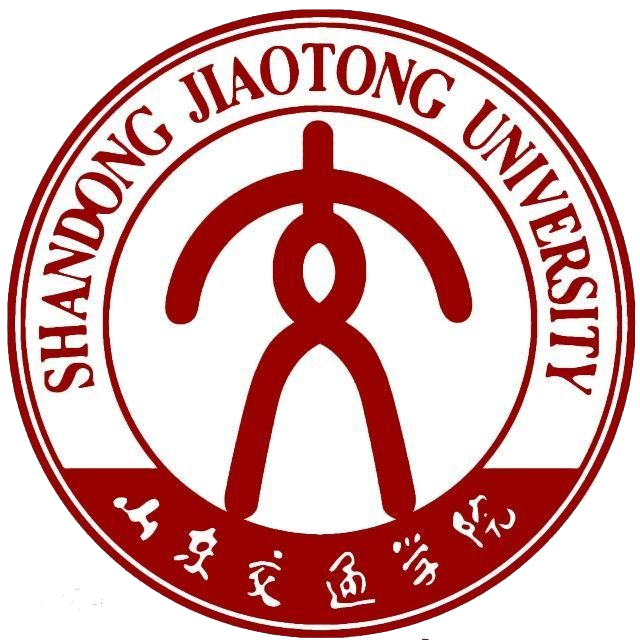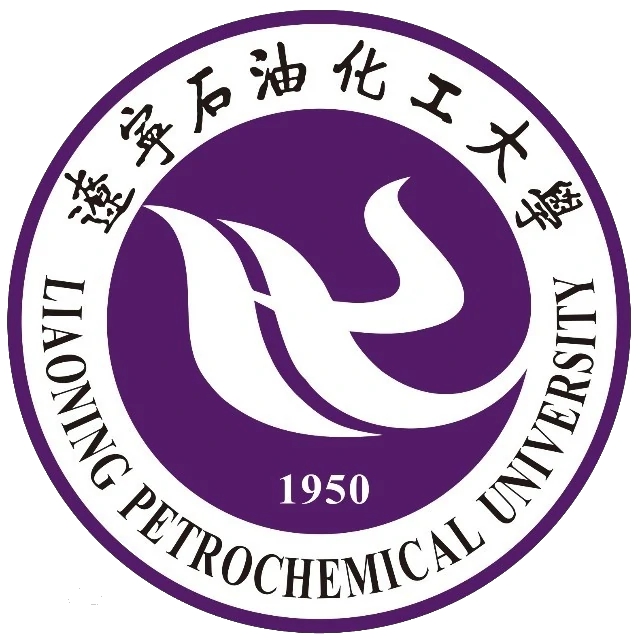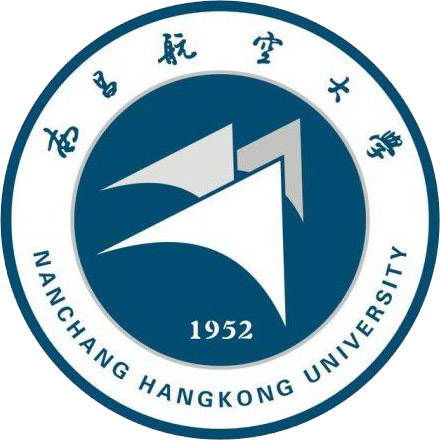
 Introduction
IntroductionFounded in Shanghai in 1896 as Nanyang Public, XJTU was renamed and relocated to Xi’an in 1956. It is one of the China's oldest institutions of higher learning and is under the direct jurisdiction of the Ministry of Education (MOE) in China. Xi'an Jiaotong University has extensive ties to the world of international scholarship and research. In addition, there are currently 1020 foreign students from 51 countries studying at XJTU.
 About the Program
About the ProgramIntroduction Students of Civic Design learn how to design spaces and places in which people can live and work comfortably, taking into account social, economic and environmental needs. Graduates of Civic Design help companies and governments to make difficult decisions on the use of land and how it should be developed. In recent years, Civic Design has become particularly concerned with the preservation and impact of the natural environment: for example, how we deal with the growing amount of rubbish in our cities and concerns about flooding. The UK is preoccupied with housing people in the most efficient way, because land is scarce. In China, the density of population in some parts of the country is much greater than in the UK and so efficient and effective use of space is also important. The rate of development in China, means that good planning is essential. The programme at XJTLU has been designed to help students appreciate the similarities and differences between planning in China and the UK. What knowledge and skills will I acquire? By the time you graduate, you should: 1. have a thorough understanding of natural and built environments and the factors that are shaping our surroundings 2. have developed a detailed understanding of the relationship between planning and environmental issues 3. understand the role, scope and limitations of contemporary town and regional planning 4. understand how planning decisions may be made with due regard to the communities and other stakeholders What are my career prospects? There is high demand for graduates with knowledge of environmental planning and urban design. Graduates tend to be promoted quickly, many working in senior positions within government, private practice and academic institutions. What will I study? At level 1, you will study the following core subjects: 1. town and country planning 2. land, society and public policy 3. drawing and design 4. planning practices in Europe and China At level 2, you will build on this foundation and learn about: 1. environmental sustainability 2. spatial design and the built environment 3. planning methodology 4. geographic information systems (GIS) 5. managing the urban environment In your final year, you will undertake a substantial research project, spanning both semesters.
You will also learn about: 1. planning and property development 2. laws and theories of planning. You may also choose from options in environmental planning or urban design, depending on your specialisation.
 About Xi'an Jiaotong University
About Xi'an Jiaotong University Accommodation
Accommodation|
Our university has two dormitory building for international students. There are four types of rooms: Single room (A), Double room (A), Single room (B), Double room (B).
(2) Medicine Campus:
|
||||||||||||||||||||||||||||||||||||||||||||||||||||||||||||||||
Food
There are 16 main canteens in the campus, including most kinds of food in China. International students can dine at various canteens. There is a canteen on the 4th floor of international student building. It’s much convenience for international students dine there. There also have some special canteen, for example, noodle house, Muslim canteen, and food of Taiwan kind—MingJi canteen.
You need buy a meal card and charge it. The average cost for each meal is about RMB 5.
Board Fee
RMB 3000—6000 /year
 Fees
Fees Admissions Process
Admissions Process  Entry Requirements
Entry RequirementsThe University accepts a wide variety of school, college and foundation qualifications such as A-Level, AS-Level, IB and other equivalent overseas qualifications. All students must have acceptable English language qualifications to study at the University. Various English qualifications are acceptable including:
IELTS: 5.5 for year 1 entry , or 6.5 for advanced standing; or
TOEFL 520 (paper-based), or 190 (computer-based) or 75 (iBT) for year 1 entry; or
TOEFL 570 (paper-based), or 230 (computer-based) or 88 (iBT) for advanced standing.
English Language Requirements:
All students must have acceptable English language qualifications to study at the University. Various English qualifications are acceptable including:
IELTS 5.5 for year 1 entry , or 6.5 for advanced standing; or
TOEFL 520 (paper-based), or 190 (computer-based) or 75 (iBT) for year 1 entry; or
TOEFL 570 (paper-based), or 230 (computer-based) or 88 (iBT) for advanced standing, or
XJTLU English test.
 Application Materials
Application Materials Reviews
Reviews Scholarship
Scholarship
Tuition
Start Date

LiaoNing Petrochemical University
Tuition
Start Date
